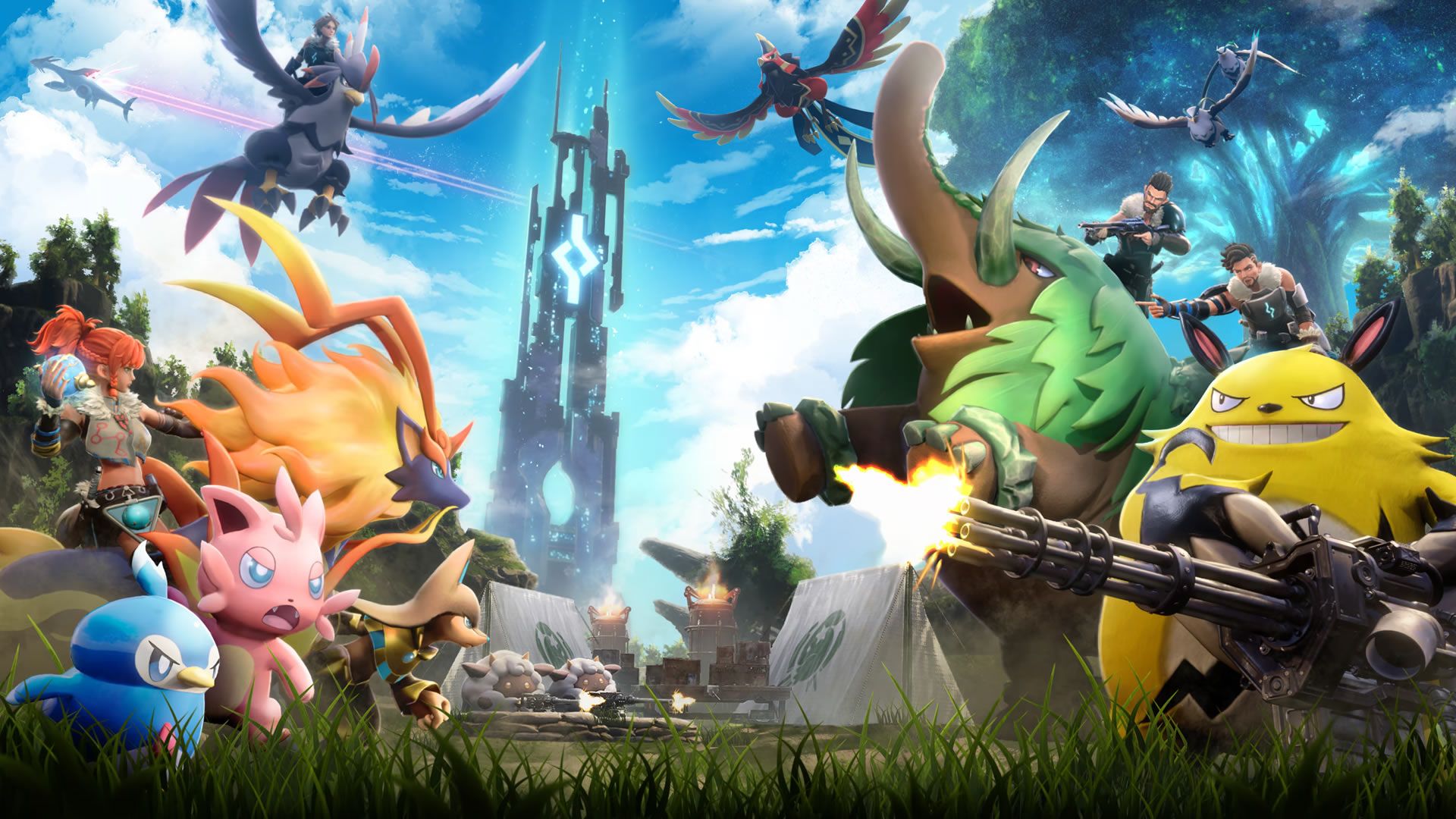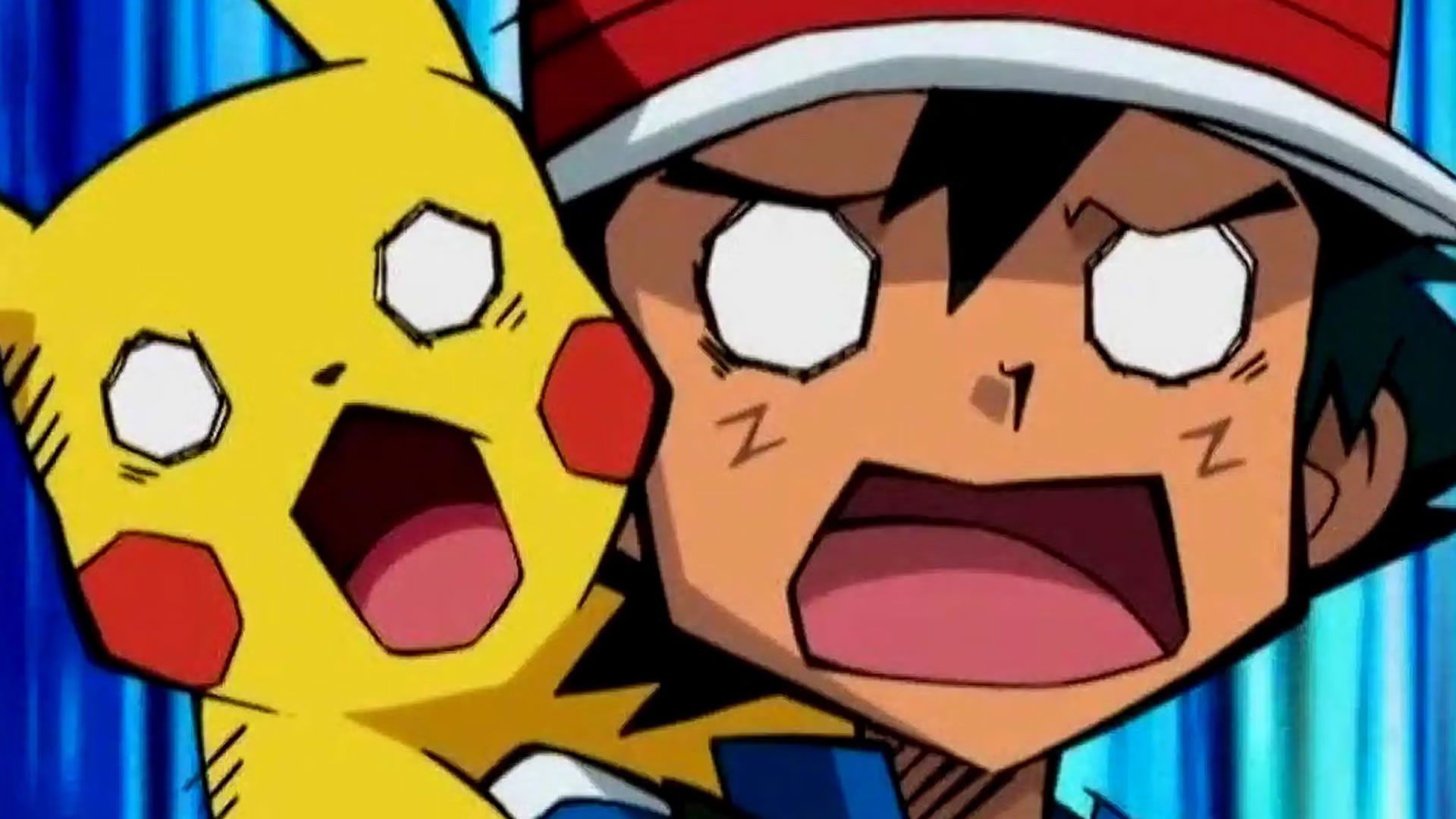The Japan Patent Office officially rejected one of the patent applications filed by nintendo in the framework of his legal dispute against pocketpairthe developer of the popular video game Palworld. The agency concluded that the patent in question lacks an “inventive step,” which means that the technology described does not represent a real innovation compared to previous creations. The decision weakens the strategy of Nintendo, which has based much of its litigation on the defense of its “monster capture” system.
The decision, issued less than two weeks ago, related to the family of records known internally as the “monster capture” strategy. According to the ruling, after receiving documentation from third parties—presumably presented by pocketpair—, the JPO determined that the concept patented by Nintendo was easily deducible from examples already existing on the market before its priority date, set in December 2021.

The JPO's review included an extensive review of previous video games that featured similar mechanics. Among the titles mentioned are ARK: Survival Evolved by Studio Wildcard, Monster Hunter 4 from Capcom, Craftopia from Pocketpair, the Japanese game Kantai Collection and Pokémon GO. The document indicates that these examples demonstrate that the features claimed by Nintendo do not meet the inventive requirement, being an obvious combination of already known systems.
A key defeat in Nintendo's legal strategy
The rejection does not imply a direct judicial defeat, but it does call into question the technical validity of the entire family of patents used in the case. According to analysts, this ruling strengthens the position of Pocketpair, which has argued from the beginning that the mechanisms of its game do not violate Nintendo's intellectual property and that the concept of “capturing creatures” cannot be considered an exclusive invention.
Context of the dispute and next steps
The conflict between both companies began at the beginning of 2024, after the launch of Palworlda title that combined survival mechanics with creature capture, which sparked comparisons with the franchise Pokémon. Nintendo responded with a series of legal actions in Japan and other countries, accusing Pocketpair of infringing its design and patent rights. However, the JPO's refusal introduces a new obstacle for Nintendo, which now faces the possibility of modifying the request or appealing to the court. Superior Court of Intellectual Property from Japan.
The process could extend for months or even years, as the Japanese system allows for multiple reviews before a final resolution. For now, the industry sees the case as an important precedent in the relationship between creativity, inspiration and intellectual property rights in video games.
Will this ruling be the first step towards a definitive defeat for nintendoor will he manage to reverse the decision in his battle against Palworld?
